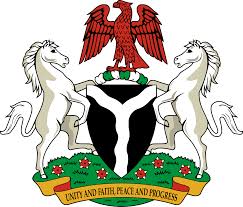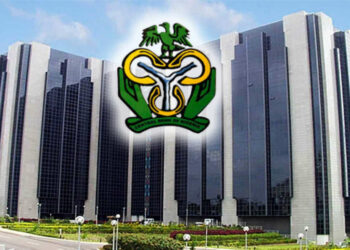In a move to address fiscal challenges, the Nigerian government has set its sights on a substantial reduction of N4.60 trillion in the budget deficit for the upcoming 2024 fiscal year. This marks a noteworthy 33.5 per cent decrease compared to the deficit recorded in the 2023 budget.
President Tinubu shared this fiscal strategy during the presentation of the 2024 appropriation bill to the joint session of the National Assembly. According to the proposed budget, the deficit is projected to be N9.18 trillion, reflecting a significant drop from the N13.78 trillion recorded in the previous fiscal year.
The deficit-to-GDP ratio has also seen a considerable reduction, with the 2024 budget indicating a 2.22 per cent decrease compared to 2023. The deficit-to-GDP ratio for 2024 is set at 3.88 per cent, down from 6.1 per cent in the preceding year.
President Tinubu underlined Nigeria’s commitment to meeting its debt obligations, stating, “Projected debt service is 45 per cent of the expected total revenue.” He further explained, “Budget deficit is projected at 9.18 trillion naira in 2024 or 3.88 per cent of GDP. This is lower than the 13.78 trillion naira deficit recorded in 2023, which represents 6.11 per cent of GDP.”
On the financing front, the President outlined a comprehensive approach. The sources of funding for the budget deficit include new borrowings totaling 7.83 trillion naira, 298.49 billion naira from privatization proceeds, and a drawdown of 1.05 trillion naira from multilateral and bilateral loans secured for specific development projects.
President Tinubu had previously sought approval from the National Assembly for external borrowings as part of the 2022-2024 external borrowing plan. In the request, the President urged the National Assembly to approve $8.69 billion and €100 in external loans. The total budget proposal for 2024 stands at N27.5 trillion, with the President expressing optimism about the economy’s growth at 3.76 per cent and anticipating a moderation of inflation to 21.4 per cent.





